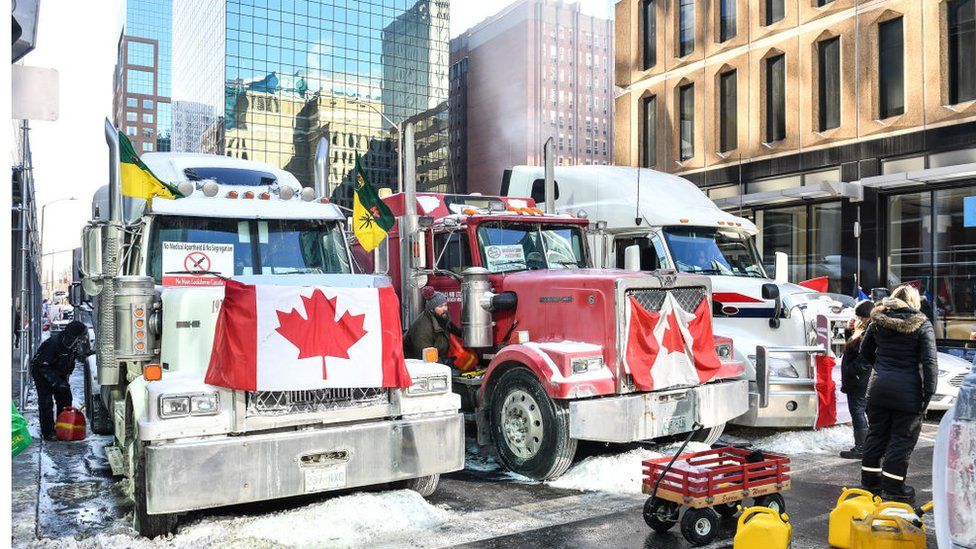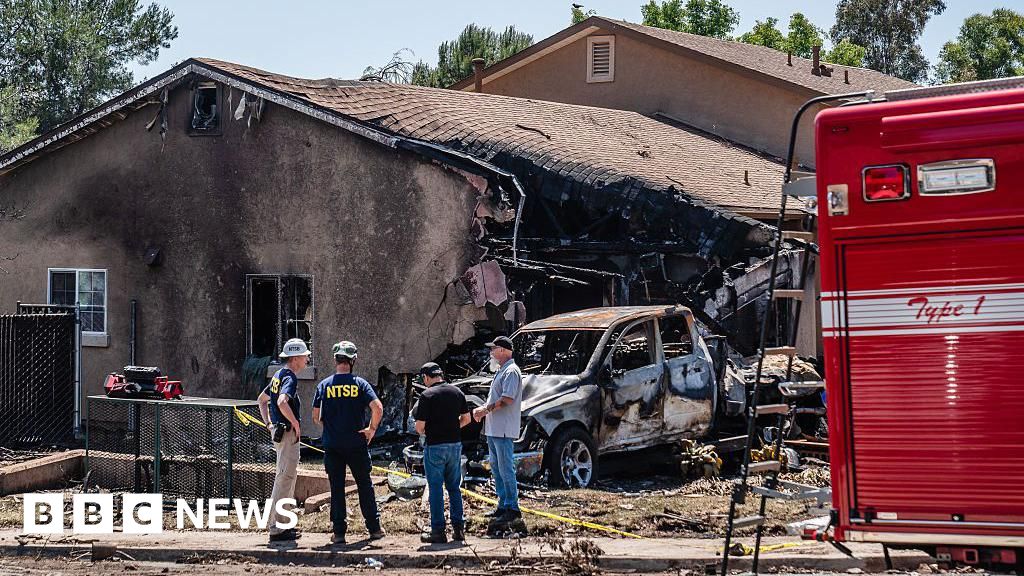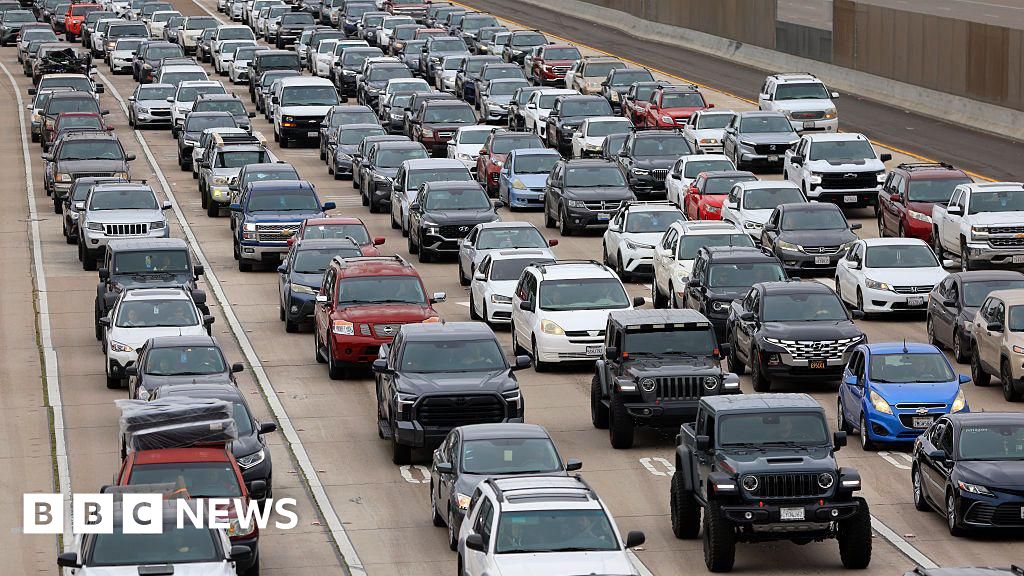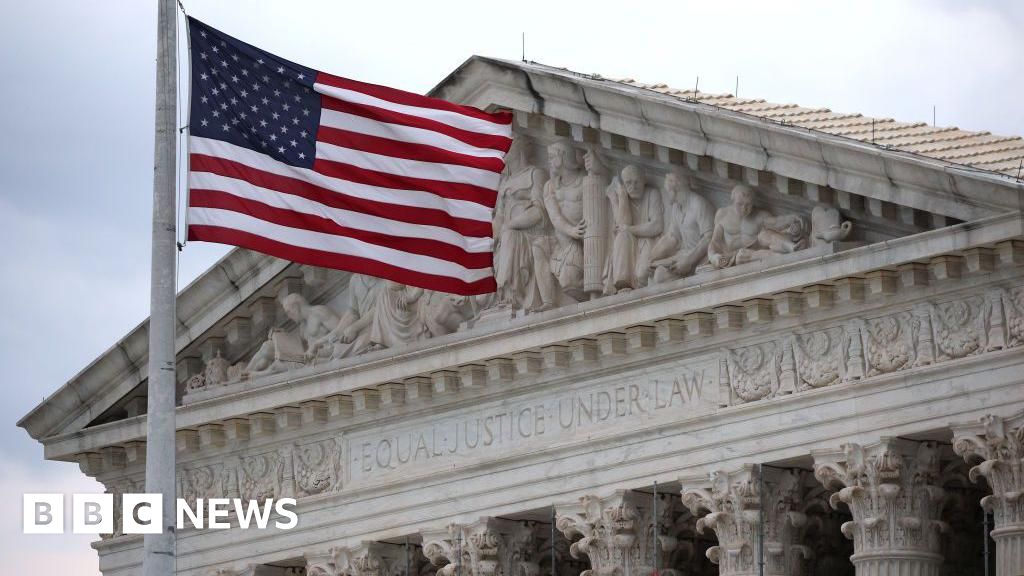ARTICLE AD BOX
 Image source, Getty Images
Image source, Getty Images
A federal judged has ruled that Canada's use of emergency powers to end the anti-government Freedom Convoy protests two years ago was "unreasonable" and unjustified.
In a decision on Tuesday, Judge Richard Mosley also said it violated Canada's rights charter.
The federal government said it will appeal the decision.
The Emergencies Act bestows the government with added powers in times of crisis.
Prime Minister Justin Trudeau invoked it on 14 February 2022, three weeks into protests that gridlocked the capital.
Dubbed the "Freedom Convoy", the protest against the government's Covid-19 vaccine mandate gained international attention as hundreds of demonstrators settled in for weeks around Ottawa's Parliament Hill, many in trucks.
Shorter protests and blockades also cropped up at various border points across the country.
The emergency powers allowed the government to impose bans on public assembly in some areas and to prohibit travel to protest zones, including by foreign nationals, among other measures.
In Tuesday's decision, Judge Mosely wrote: "I have concluded that the decision to issue the proclamation does not bear the hallmarks of reasonableness - justification, transparency and intelligibility - and was not justified in relation to the relevant factual and legal constraints that were required to be taken into consideration."
The court case was brought by the Canadian Civil Liberties Association and the Canadian Constitution Foundation.
They had argued that the protests did not meet the "high legal threshold" needed to invoke the act, which was being used for the first time since it became law in 1988.
Deputy Prime Minister Chrystia Freeland defended the government's actions on Tuesday, arguing that the country at the time faced a threat to its national and economic security and it was a "option of the last resort".
"We acted to secure and protect Canada and to secure and protect the national interests," she told reporters in Montreal.
"It was not an easy time, these were not easy decisions."
Last year, a federal inquiry into the use of the act found that Canada's government had met the "high threshold" for its use.
Justice Paul Rouleau, who led that probe, called the decision a "drastic move" but not a "dictatorial one".
"Lawful protest descended into lawlessness, culminating in a national emergency," Mr Rouleau wrote in his Public Order Emergency Commission report, issued in February 2023.

 1 year ago
82
1 year ago
82








 English (US) ·
English (US) ·